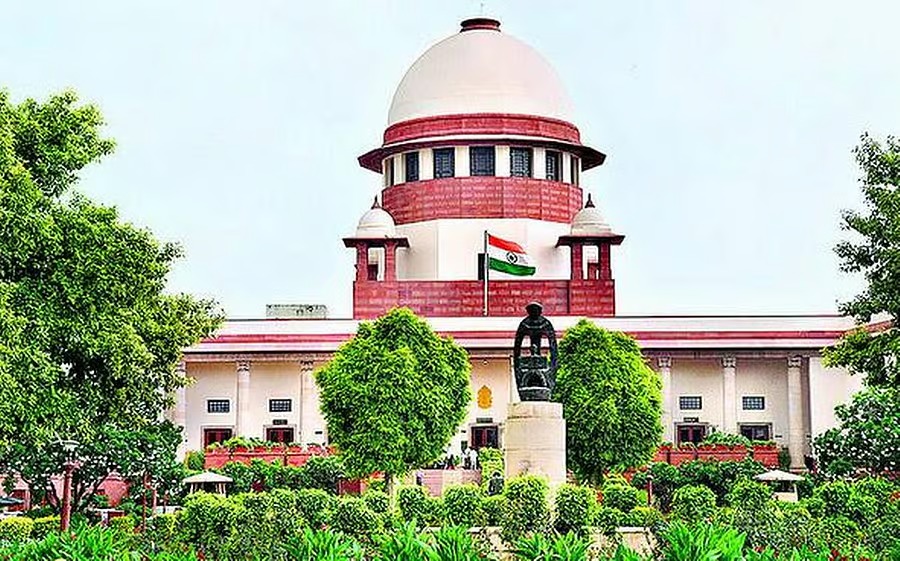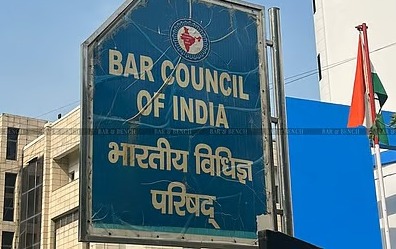@JUDGMENTTAG-ORDER
1. We have heard Shri R.K. Upadhyay, learned counsel for the income tax department. Shri Shakeel Ahmad appears for the respondent assessee.
2. In this income tax appeal u/s 260A of the Income Tax Act, 1961 preferred against the order dated 28-2-2011 passed by the Income Tax Appellate Tribunal in I.T.A. No. 456/LKW/2010 for the assessment year 2006-07 the appellant has raised the following substantial questions of law for consideration of the Court:
(i) Whether the Hon''ble Income Tax Appellate Tribunal was justified in law and on facts in holding that the source of loan given by the assessee to Ram Lakhan Shiksha Samiti was from the funds included in accumulated funds proposed to be utilized for the purposes of section 11(5) of the Act. Therefore, the funds which were set aside for the purposes as per section 11(2) could only be utilized in the manner provided in section 11(5) of the Act.
(ii) Whether the Hon''ble ITAT was justified in law and on fact in holding that at the relevant time, no registration u/s 12AA of the Act was available to the recipient society in the Financial Year in which the loan was given to it.
3. The appeal is admitted on the questions framed as above and was heard with the consent of the parties.
4. In the present case the assessing officer (assessing officer) held that there was violation of section 13(1)(d) read with section 11(5) of the Income Tax Act and denied the benefit of section 11 of the Act on the loan amount of Rs. 1,28,06,709 given by the assessee society to another educational society namely Ram Lakhan Shiksha Samiti. The assessing officer held that though the amount given as loan is less than 15% of the income over expenditure, since the amount was not deposited in any of the securities mentioned in section 11(5), no allowance can be given for such amount.
5. Brief facts giving rise to this income tax appeal are that the assessee is registered u/s 12A of the Income Tax Act and is running an education institution in the name of schools: (i) Subhash Institute of Software Technology (ii) Subhash Balika Inter College (iii) Subhash Public School.
6. The assessee gave loans to Ram Lakhan Shiksha Samiti in financial year 2002-03. The donee society was not registered u/s 12AA of the Act. It was granted registration u/s 12AA on 25-5-2005 with effect from 1-4-2004 by the CIT-1, Kanpur. The assessee society had given loan to it at the time when it was not registered u/s 12AA. Further, the loans were given out of general reserve. The assessee had Rs. 71,85,439 under the head general reserve and funds of Rs. 6,08,552 as surplus funds over and above 25% specified u/s 11(2) of Income Tax Act. Since the assessee had advanced loan of Rs. 1.28 crores in financial year 2002-03, the advance could only be given out of funds which includes accumulated balances over the above 25% u/s 11(2) of the Act. The assessee had made advance of Rs. 1.28 crores to M/s. Ram Lakhan Shiksha Samiti, and Rs. 1,00,000 to Subhash Degree College out of its accumulated balance which included the funds accumulated u/s 11(2) apart from the funds available upto 25% of its income. The funds continued to be lent from financial year 2002-03 till the end of the year under consideration.
7. Shri Ram Lakhan Bhatt is founder trustee and Manager of the assessee trust as well as that of M/s. Ram Lakhan Shiksha Samiti to which the loans were advanced.
8. The assessing officer held that even if the advances were made out of funds over and above 75%, still in view of provisions contained in section 13(1)(d)(i), the assessee is not entitled for claim of deduction u/s 11 and 12 in view of exclusion provided by section 13(1) of Income Tax Act.
9. The Commissioner (Appeals) after considering the submissions held that the words in section 11 are clear and unambiguous. The exemption is available only if money is invested or deposited in the modes specified. Section 11 is in two parts namely (i) that the accumulated funds have to be used by the trust in a manner which amount is ''invested or deposited'', and (ii) such amount invested or deposited is in the specified form or modes given in section 11(5). In case of failure to adhere the either of the conditions, the exemption will not be available. In this case the Commissioner (Appeals) held that the A.R. has admitted that giving loan is not the same thing as investment or deposit. In giving loan there has been a clear violation of the provisions in limine. Even assuming that giving loan is a form of deposit or investment, even then the second condition which is such deposit/investment has to be in specified assets has not been met in this case. There is no difference in the wording of section 13(1)(d)(i) and section 11(2) of the Act. The appeal was consequently dismissed.
10. The ITAT relied upon the judgment of Delhi High Court in
that the interest-free loan of Rs. 90,50,000 given by the assessee-society to the other society did not violate section 13(1)(d) read with section 11(5) of Act, 1961 as the loan was neither an ''investment'' nor a ''deposit''. Moreover, both societies had similar objects and were registered u/s 12A of the Act and had approvals u/s 80G. The fact that the loan was interest-free and had been subsequently returned was also significant.
11. The ITAT thereafter observed that total expenditure of the assessee were Rs. 1,55,49,885 and the total receiving were Rs. 2,34,38,260. The excess of income over expenditure was at Rs. 21,11,624, which was less than 15% of the gross receipts and thus it cannot be said that the loan given by the assessee was out of the surplus funds beyond prescribed limit. Moreover, the loan was not in the period relevant to the assessment year under consideration. It was given in between 20-2-2003 to 24-2-2003 i.e. in the period relevant to the assessment year 2003-04. The ITAT further found that the provisions of section 13(1)(d) of the Income Tax Act, which have been invoked by the AO were not applicable to the facts of the assessees case. The assessee neither invested the amount nor deposited the same otherwise than in any one of the forms or modes specified in sub-section (5) of section 11 because the loan is neither an investment nor a deposit as held in Acme Educational Society (supra) and accordingly provisions of section 13(1)(d) are not applicable. The appeal was allowed.
12. Shri R.K. Upadhyay, learned counsel for the revenue submits that the loan is also in the nature of deposit or investment. There is clear embargo in section 11(5) that the society registered for charitable and religious purpose can invest the amount only in the specified investments and that these investments do not include loan to another society even if the objects of both the societies are same.
13. In the present case we find that excess of income over expenditure in the relevant year was less than 15% of the gross receipts. The loan was not given in the period relevant to assessment year. It was given between 20-2-2003 to 24-2-2003 and was repaid in the year 2009 and further the amount was given by way of loan to a society, which was later on registered u/s 12A w.e.f. 1-4-2004 to 25-5-2005, with the same objects and purpose as that of the assessee.
14. It was held in Mansa Ram & Sons v. Janki Dass Om Prakash AIR 1984 All. 267 that the term loan and deposit are not mutually exclusive. The test is whether on the admitted facts of the case there was an allegation on the debtor to seek out the creditor and repay him or whether he was to keep the money till the creditor asks for the same. The case of deposit is something more than a mere loan of money. It depends on the facts of the each case whether the transaction is clothed with the character of deposit of money.
15. We are in agreement with the reasoning given by the Delhi High Court in Acme Educational Society (supra) holding that a loan is neither investment nor deposit. Where both the societies have similar objects and are registered u/s 12A and have approvals u/s 80G, interest free loan cannot be treated as deposit or investment so as to attract section 11(5) of the Act.
16. For the aforesaid reasons, both the questions are decided against the revenue and in favour of the assessee.
17. The income tax appeal is dismissed.

